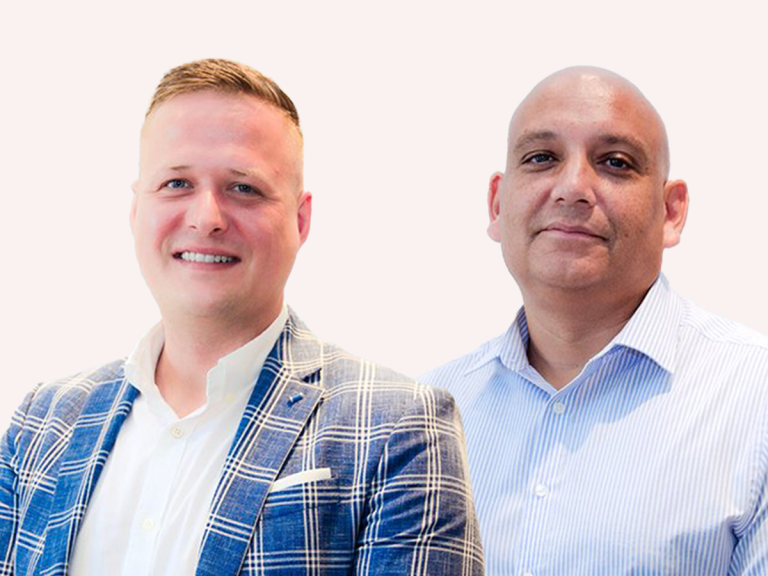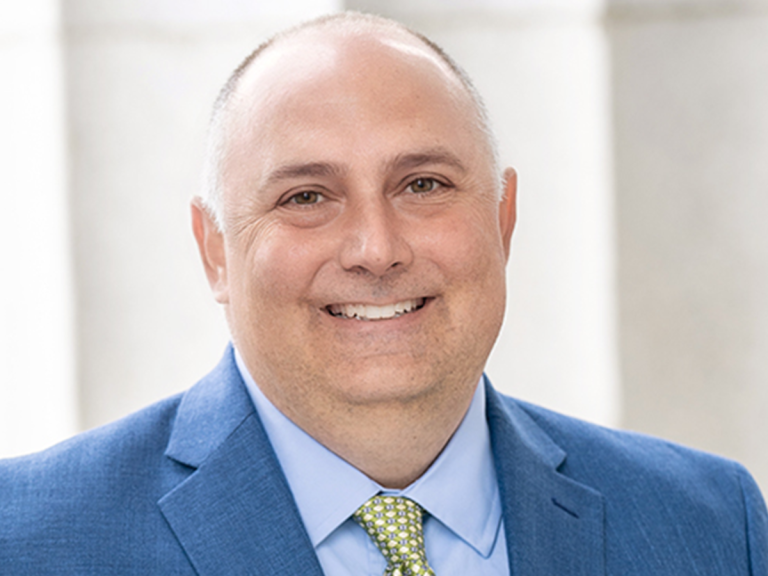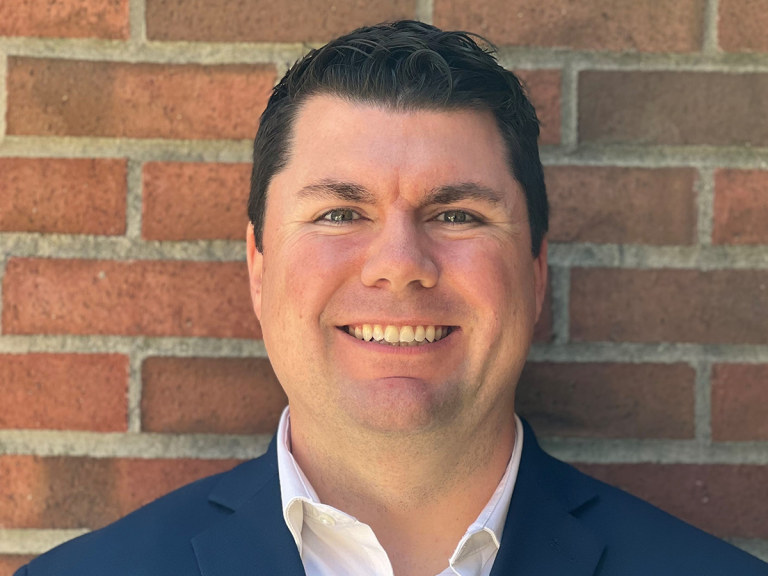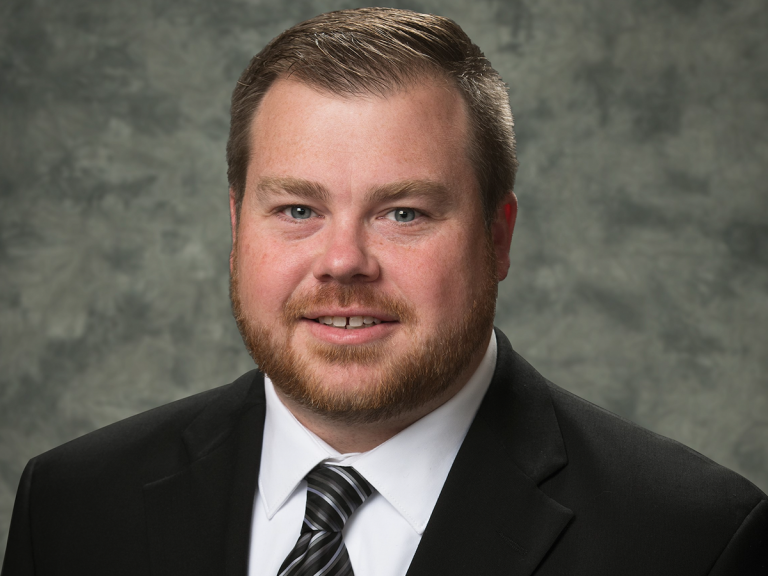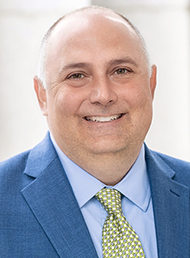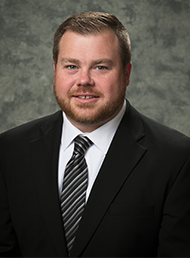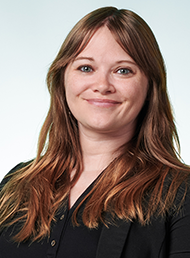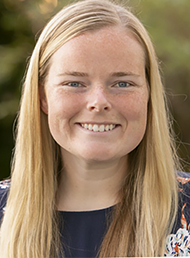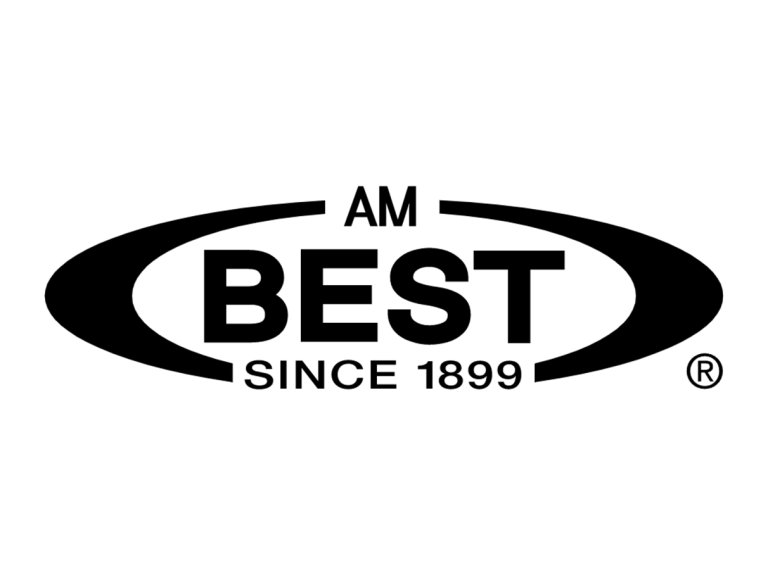The hard market remains a “significant driver” of new captive formations in Vermont with the jurisdiction on track for another strong year of growth, according to Jim DeVoe-Talluto, assistant director of captive insurance at the State’s Department of Financial Regulation.
Captive Intelligence reported last week there had been 22 new captives formed in Vermont in the first half of 2022.
DeVoe-Talluto said of these, 15 are pure captives, five are sponsored with one association captive and one risk retention group (RRG) too. In addition, there has also been 20 new cells approved.
“I anticipate that cell growth will remain strong as the cell facilities can offer tailored programmes with lower barriers to entry,” he said in a Global Captive Podcast interview at the VCIA conference last week.
There has also been seven captive dissolutions this year, one of which was a re-domestication after merger at the corporate level led the parent to align the group’s headquarters and captive domicile in the same location.
“The resulting net growth through June 30 is 15 captives, which really compares favourably,” said DeVoe-Talluto.
“Over the entirety of 2022 we had net growth of 19 captives, compared to the 41 licences.
“So we’re really thrilled with this growth and it’s resulted in our recognition by several publications as the top domicile in the world measured by active captives so we take pride in that and we take that responsibility seriously, and we’re very excited for that continued growth and commitment to our domicile.”
Subscribe to the Captive Intelligence newsletter to receive our FREE twice weekly updates with links to news, analysis and podcasts.
Looking ahead to the rest of the year, DeVoe-Talluto said plenty more activity is expected this year with applications currently under review and a strong pipeline of inquiries in place.
In the United States it is common for most captive formations to take place in the second half of the year.
“We’ve had several new business meetings, we have active reviews in process,” he added.
“Typically, a lot of companies that are making these decisions for fiscal year end, they’ll reach out to us in the Fall, early November, they’ll get the application going. We definitely see an uptick.
“We do also see companies that will have these initial meetings in the latter part of the year, but they’re looking to target a January 1 licensure. So the bulk of the work then will be done in this year, but then those numbers will be reflected in the subsequent year.”
Four of the new captives formed this year have been from the real estate sector, which DeVoe-Talluto said was “really in response to the challenging property market”.
“We’re definitely seeing that the hard markets a significant driver, particularly in these property placements in high risk regions,” he added.
“And really the problems extend to pricing and availability. So we’re seeing enquiries about ground up coverage, which is an interesting space, because you’re looking at pretty significant capital requirements, but companies are willing to make that commitment because they know that the market is just very, very challenging.
“In some cases, just complete lack of availability with market exits from key traditional players.”
Listen to the full interview with Vermont’s Jim DeVoe-Talluto on episode 90 of the Global Captive Podcast on the Captive Intelligence site here, or on any podcast app. Just search for the Global Captive Podcast.


